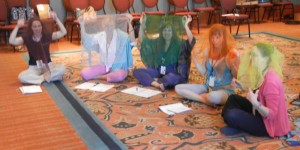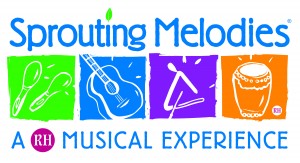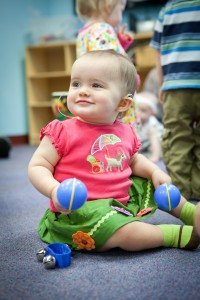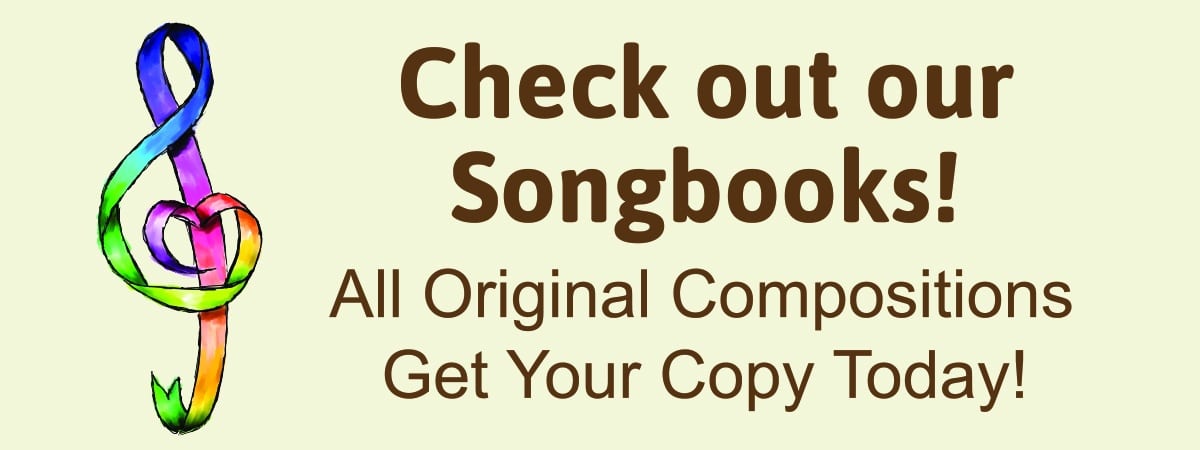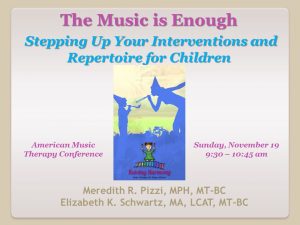 Meredith and I not only love our careers. We love our profession! Both of us are committed to giving back to the American Music Therapy through service and sharing our expertise. But AMTA 2017 might be our busiest year yet!
Meredith and I not only love our careers. We love our profession! Both of us are committed to giving back to the American Music Therapy through service and sharing our expertise. But AMTA 2017 might be our busiest year yet!
Here is the line up. If you are traveling to the AMTA conference in St. Louis, please stop us for a chat. If you would like to know more about any of the presentations, send us an email next week. We would love to know all about how YOU support the profession.
AMTA Leadership Academy*
Nov 15, 2017 12:30 pm – 05:30 pm
Presenter(s): Meredith Pizzi, MPA, MT-BC; Alicia Ann Clair, PhD, MT-BC, Anthony Meadows, PhD, LPC, MT-BC, Deanna Bush, MM, MT-BC; Kamica King, MT-BC
CMTE F. Developing and Expanding Supervision Skills*
November 16, 2017
Presenter(s): Meredith Pizzi, MPA, MT-BC; Annette Whitehead-Pleaux, MA, MT-BC; Katie Bagley, MT-BC; Laetitia Brundage, MT-BC
A Preventive Model of Music Therapy for Children in Limited Resource Communities
November 17, 2017 8:00 am-9:15 am
Presenter(s): Varvara Pasiali, PhD, MT-BC; Elizabeth K. Schwartz, MA, LCAT, MT-BC
The Music Therapy Pyramid Model: From Theory to Practice
November 17, 2017 2:15 pm-3:30 pm
Presenter(s): Meredith R. Pizzi, MPA, MT-BC; Ronna Kaplan, MA, MT-BC
Community Engagement in Music Therapy Practice
November 18, 2017 3:15 pm-4:30 pm
Presenter(s): Helen Dolas, MS, MT-BC; Ellary Draper, PhD, MT-BC; Grant Hales, MT-BC; Meredith Pizzi, MPA, MT-BC; Tom Sweitzer, MA, MT-BC
The Music is Enough – Stepping Up Your Interventions and Repertoire for Children
November 19, 2017 9:30 am-10:45 am
Presenter(s): Meredith R. Pizzi, MPA, MT-BC; Elizabeth K. Schwartz, MA, LCAT, MT-BC





